CAVE CREEK – The Sonoran News candidate forum was moderated by Dan Baxley, who kept the three-hour forum on track and maximized the number of citizens’ questions addressed.
Baxley laid out simple ground rules, allowing each candidate two minutes for an introduction and one minute to respond to questions, followed by a two minute closing statement for each.
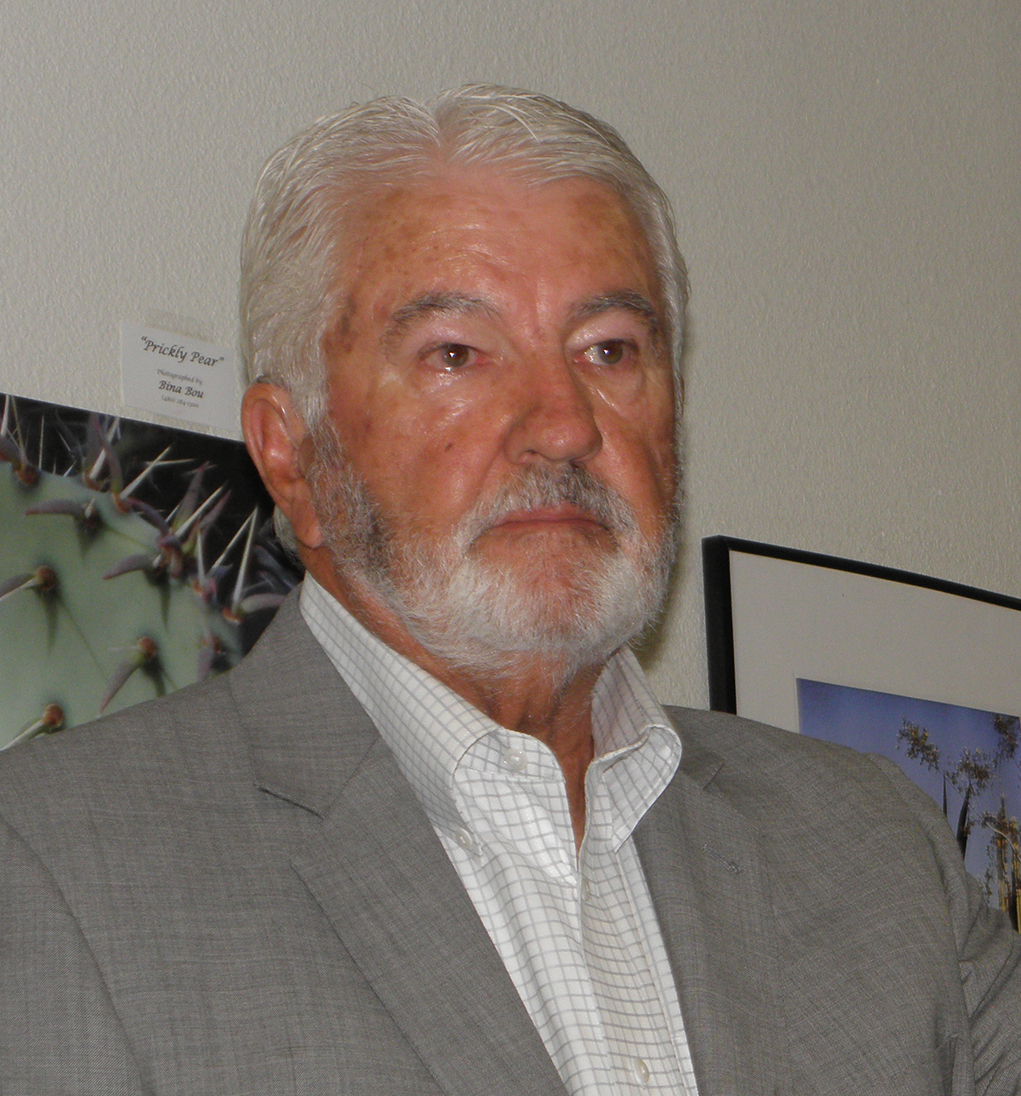
Councilman Ernie Bunch was the only mayoral candidate present. Anna Marsolo and Janelle Smith-Haff both chose not to attend.
Of the 11 candidates running for council, Paul Diefenderfer, Jim O’Toole and John Vannucci were no-shows, although Vannucci’s wife Sara was present in the audience.
Besides Bunch, Councilwoman Susan Clancy and Councilman Thomas McGuire are the only current members of council seeking reelection.
The balance of candidates vying for six council seats were Mary Elrod, C.W. Jensen, Reg Monachino, who was ousted from council by citizens during the March 2015 special recall election, David Smith, Ron Sova and Eileen Wright, who was removed from the planning commission by council in May 2015.
Bunch said he’s served on council for 11 years and, during that time he’s made some good decisions and some bad ones.
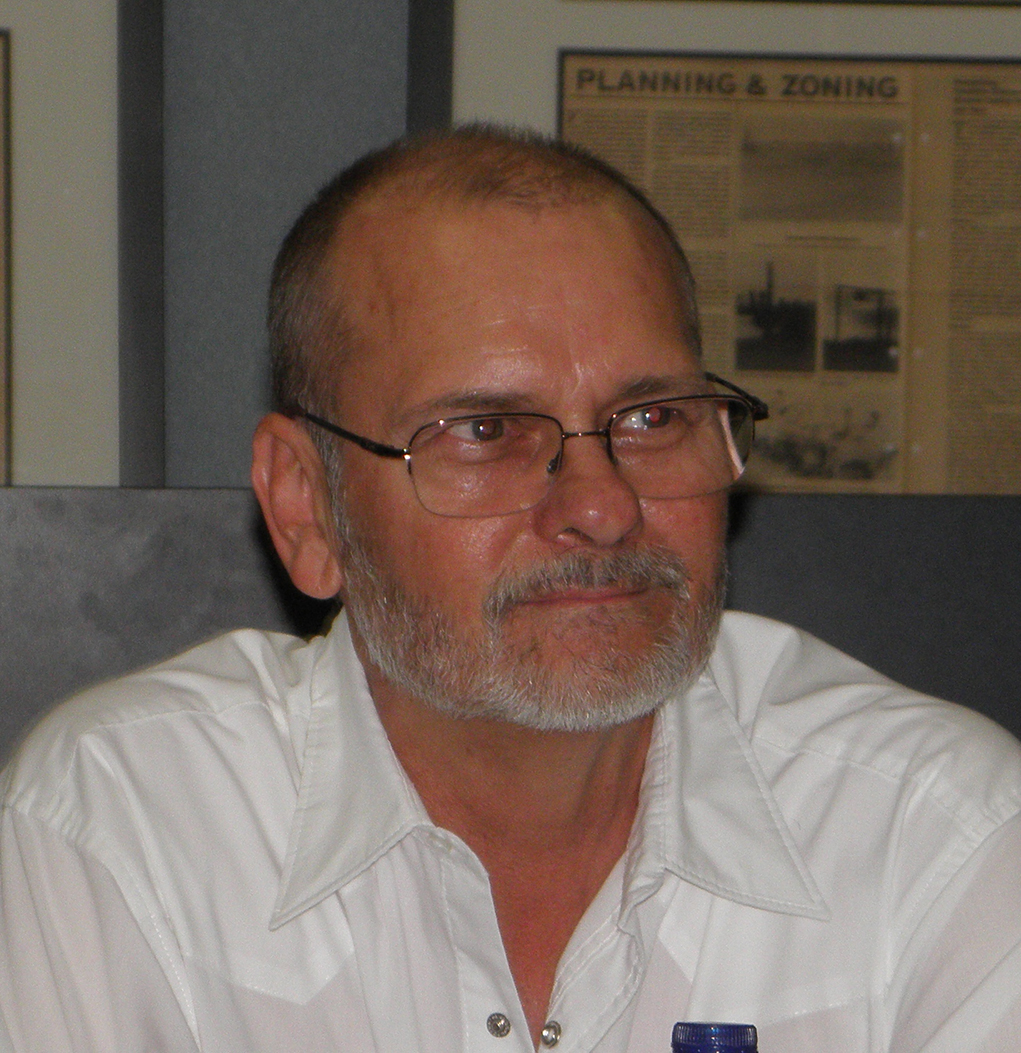
Bunch urged citizens to pay attention to facts instead of rumors and innuendo.
Clancy, who has served 16 years as a Cave Creek School Board member, said the town has a good council at the moment.
She said people need to make themselves heard so council knows what they want.
Elrod, vice president of operations of Elrod Fence, said the Elrods have been in Cave Creek for a long time.
Elrod said she was approached by many citizens to run for office.
She emphasized the need for citizens and council to have good communication and said citizens need facts instead of stories.
Jensen, who made a dramatic entrance into the council chambers by wincing and limping, said his dog broke his ribs.
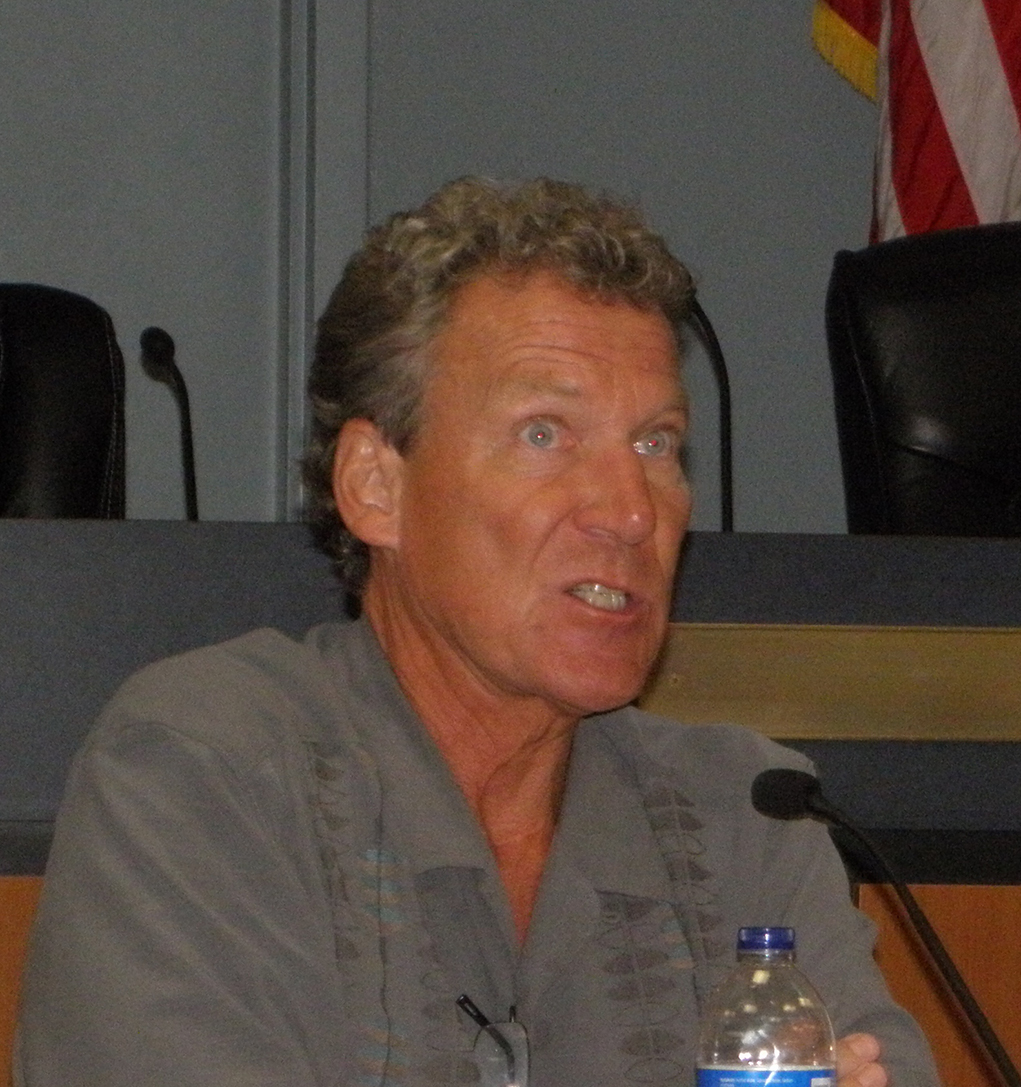
He said he asked to be on last year’s budget committee and stated, “We need more money and there’s only one way to get it … sales tax.”
Jensen, a former police officer from Portland Oregon, also said the town needed to eliminate some positions, including that of the town marshal, which he claimed could be easily replaced by a part time person with no benefits.
McGuire said his goal is to make the town one we can be proud of. He said citizens have made it clear they do not want a property tax.
While noting the importance of zoning, open space and the town’s Western identity, McGuire acknowledged the town’s debt while pointing out the town is also able to pay its debt.
Monachino said he is retired after 35 years in banking and stated he’s served on the Water Advisory Committee, the planning commission and council.
He said the biggest issue facing the town is finances and stated the town needs to lower its debt.
Monachino said he has suggested selling the Desert Hills Water utility and the wastewater treatment plant and possibly retire the bonds for the Desert Hills utility.
Smith, who is currently chairman of the planning commission, said he has served on the budget committee and stated the town has been throwing money at the sewer plant.
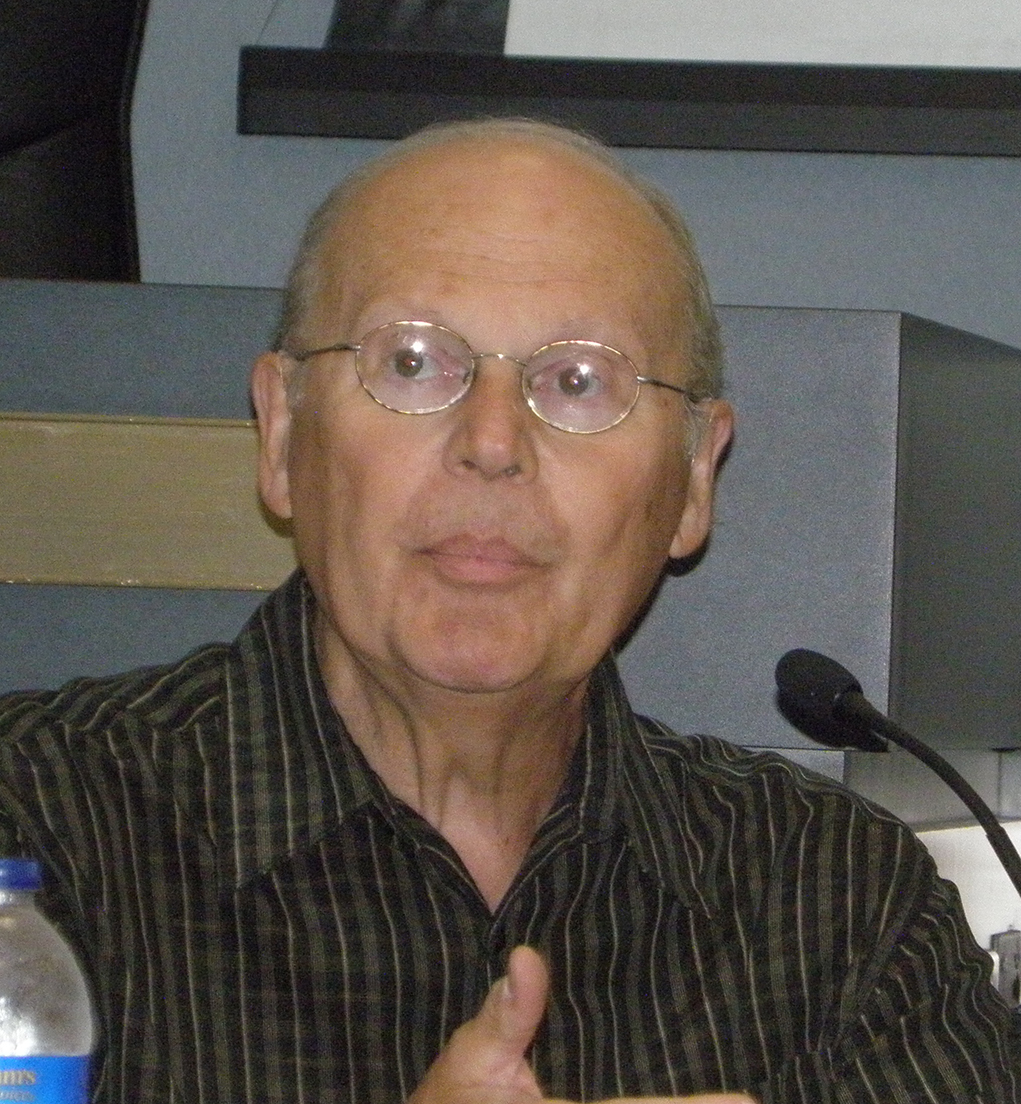
Smith called Cave Creek’s “ton of open space’ a great thing.
He disagreed with Monachino about retiring the bonds for the Desert Hills utility, especially if the town is thinking of selling it.
Sova, who is a relative new-comer to the town, said he is retired after 40 years in the building industry and believes his experience will benefit the town.
Wright stated she was tough, straight-shooting and one of the strongest candidates running.
Claiming Cave Creek is in crisis, Wright said the election is about one issue – “the survival of our town.”
According to Wright, the town has “huge debt that can collapse our way of life.”
She called Cave Creek “America’s last frontier” as a rural, low-density, horse community.
As he began the question and answer segment of the agenda, Baxley said how candidates respond to questions is a good indication as to how they will handle challenges.
The first question, initially intended for Marsolo, Vannucci and Wright, asked if they were opposed to rezoning certain sections along Carefree Highway.
Wright said she didn’t have enough information to answer. McGuire was asked to expand on why sales tax was now being lost to Phoenix.
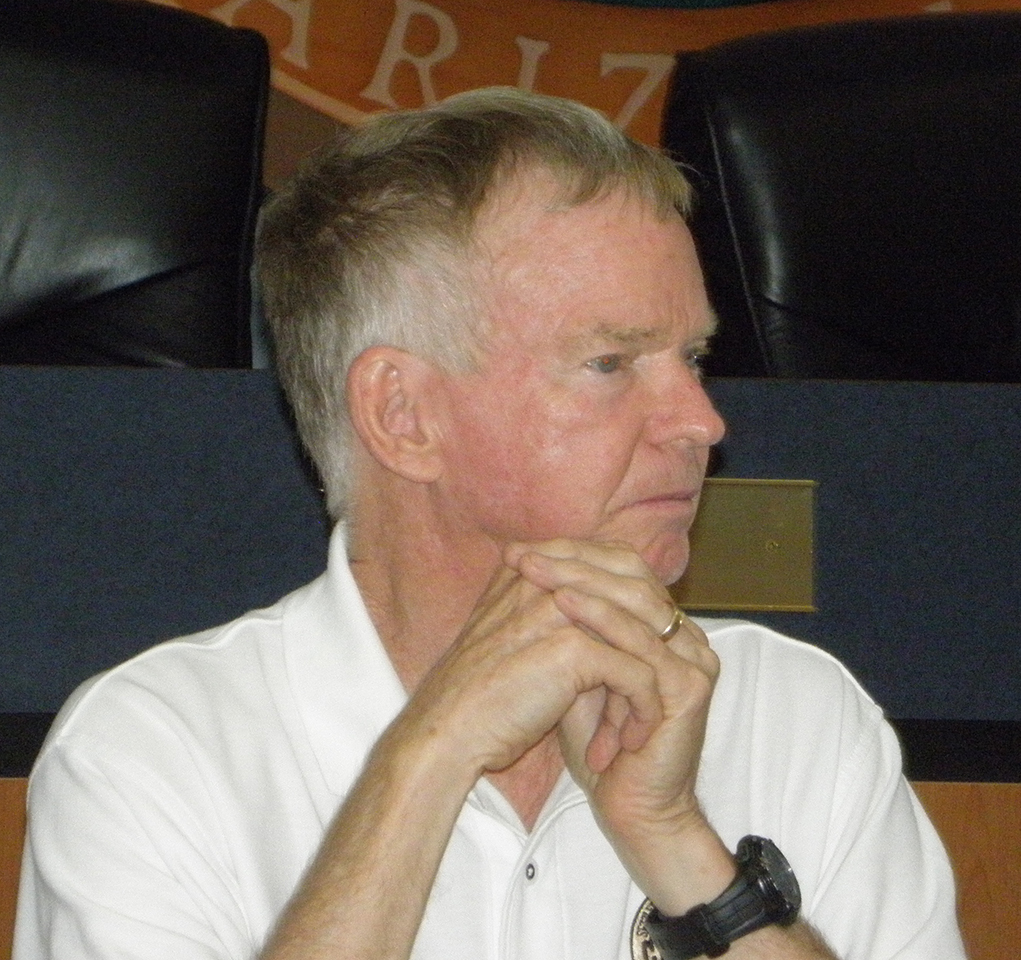
McGuire explained how the legislature changed the way construction sales tax is calculated, whereas it used to be calculated based on where the materials were delivered but is now calculated at the original point of sale.
Baxley asked the candidates to raise their hand if they would vote to rescind the pre-annexation agreement with the state land department. Only Jensen raised his hand.
Clancy was asked what agenda items or initiatives she proposed during her year and a half on council that have passed.
Clancy said she couldn’t think of anything specific at the moment but said often other council members have the same ideas and end up putting their names on it.
She said it didn’t matter whose name ends up on it so long as the ideas come forward.
All the candidates were asked if they feel Cave Creek is corrupt, incompetent or inefficient.
Bunch said, “Absolutely not.”
Clancy agreed but said council needs to set goals so they have a means of measuring how they’re doing.
Elrod said, “Absolutely not. If anyone feels that way, we’re not communicating well.”
Jensen said, “I think corrupt is hyperbole,” and went on to say, “The budget is crap. A high schooler could do a better job.”
He made another comment about how the town should fire the town marshal.
McGuire stated he didn’t like those words and said, “I think it’s an insult.”
Monachino said he didn’t believe the town was corrupt or incompetent but stated being inefficient is a part of normal business.
Smith also said there was no corruption or incompetence and didn’t really see inefficiencies.
To counter Jensen’s insinuation that the town marshal does not perform his job, Smith stated, “The town does not go out and harass its citizens” and is set up as a complaint-driven system.
Sova said politics in itself is inefficient but stated, “The people volunteer their time to make the town better.”
He believes the town is being run well.
Arek Fressadi, a vexatious litigant who has been suing the town for more than seven years, stood up in the audience to interrupt the meeting and said, “The town is corrupt.”
Fressadi, who now resides in Tucson, was accompanied by a woman who video-recorded his outburst.
Fressadi was responsible for placing flyers on all the car windshields in the parking lot and apparently submitted that question.
The flyer provided the web address to subscribe to Fressadi’s blog, where he regularly airs his vendettas against Sonoran News, Mayor Vincent Francia, former Town Manager Usama Abujbarah and Planning Director Ian Cordwell.
As Baxley admonished Fressadi for being out of order, Fressadi announced he was leaving.
Responding to what Western heritage means, Smith pointed out Reata Pass, Greasewood Flat and Rawhide were all gone now but low density housing, open space and the interesting saloons in the town core contribute to the Western feel.
Monachino said the key to maintaining our Western heritage is low density.
He said he was against subdivisions, citing the Meritage Homes application for 56 homes on 12 acres as an example.
He said the more subdivisions we have, the more we become Scottsdale.
McGuire said he hoped people will read the Town Core Plan and stated the Western theme remains alive as part of the town’s values and through special events.
Jensen said, “The best thing we can do is put our town motto on every single car” and stated the museum should be more of a Native American museum.
Elrod, a volunteer coordinator for the Fiesta Days Rodeo, said it amazes her each year when they go to the businesses in town to get sponsorships they get little support, despite the rodeo being sold out each year.
She said, “Citizens need to support their town.”
Clancy said it means different things to different people and stated, “Some of us have horses. Some don’t.”
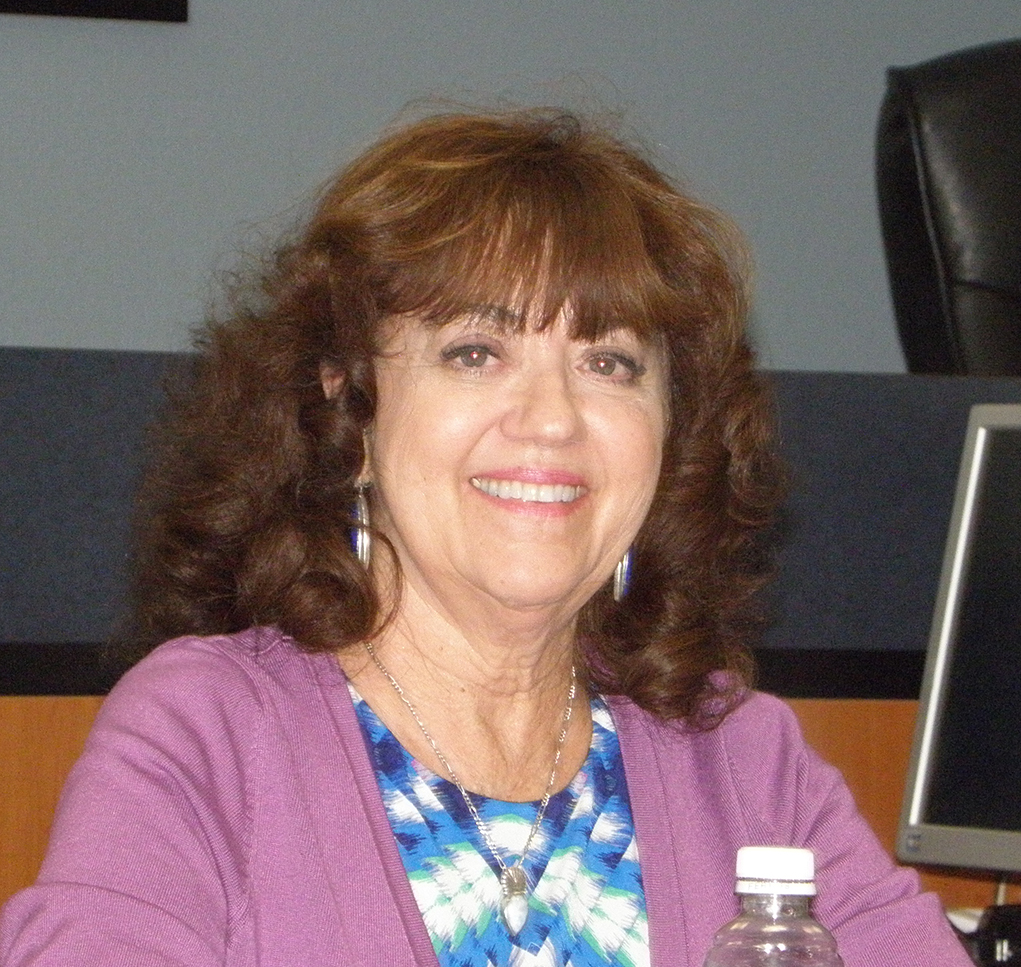
Clancy said, to her, it’s everything about the desert and being able to see wildlife you don’t see anywhere else.
Bunch first called out Fressadi, the “perpetual litigator,” for disrupting the meeting.
Bunch said Cave Creek, even though it’s known as the “town too tough to govern … When you can all remain friendly afterward is what the west is all about.”
Jensen and McGuire were asked if they thought Cave Creek residents wanted more retail and if they think taxes are too high.
Jensen responded by saying he was meeting with Carefree’s marketing coordinator on Friday.
McGuire said he didn’t believe in retail for the sake of retail. As far as the tax rate is concerned, he said Cave Creek is second to Guadalupe, which has the highest rate in Maricopa County.
Responding to, “What would you do to protect residential properties along Carefree Highway, Bunch said he’s believed for 40 years that the intersection of Cave Creek road and Carefree Highway is commercial and wants businesses that support the needs of the town so citizens don’t have to go to Phoenix and Scottsdale to shop.
Clancy said commercial development needs to be well planned, unlike Bell Road, which she called a “mish mosh” attributed to poor planning.
Elrod pointed out the sales tax revenue from town core businesses is inadequate to support the town.
After having met with Cordwell and Town Manager Peter Jankowski, Jensen stated, “I was impressed.”
He said, “The town is very successful at that intersection … Some of it is probably Scottsdale.”
McGuire said the town worked with residents to address their concerns and, with their input, came up with what is known as the “Area 25 Specific Area Plan.”
Monachino said Carefree Highway is a four-lane divided state highway and the town needs to shape commercial so it is sensitive to citizens’ needs.
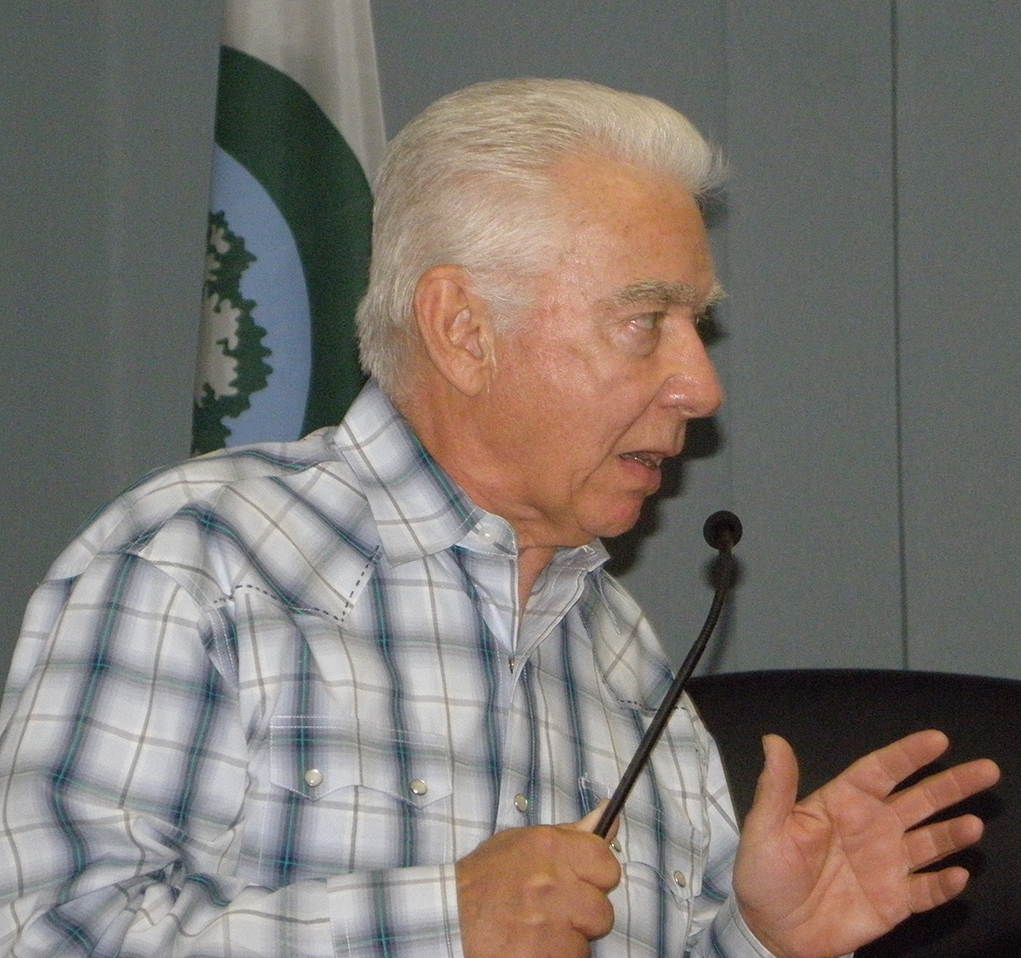
Monachino said he has suggested an assisted living facility for the area, which he believes can be done responsibly.
Smith mentioned recommendations made in the White Paper but said it was done at a time when the town was facing severe financial distress.
He said the original plan, before Area 25, was to make the commercial deeper.
Sova said commercial does belong on Carefree Highway and said the town should employ proper use of traditional zoning and buffering and have the town core stay the way it is.
Wright said a big mistake was made after the SAP was approved and stated the town should not go more than one parcel deep with no increase in density.
The three incumbents were asked if the open space initiative is worth the debt and why the development portion has been hidden.
Bunch said the mitigation bank that will allow for preservation was not going to cost the town anything and it is something that is already being employed by the Arizona Department of Game and Fish.
Clancy advised citizens if what they’re hearing sounds outrageous to call. She said, “We are doing our due diligence.”
Clancy said she had no idea what they meant by development portion.
McGuire said if the town had to buy the land it would cost $50 million to $100 million, which the town can’t afford.
He explained the development portion of the mitigation bank arrangement would take place on state land in the Desert Ridge area.
Asking, “Has this been hidden?” McGuire stated, “Absolutely not.”
When asked their position on trails, Wright said the town has about 50 miles of trails but a one-half-mile segment of a trail is going to cost the town $150,000.
She said trails are important but didn’t agree with constructing the half-mile segment that would connect trails on the east and west sides of town.
Monachino said there is litigation pending on some trails. Jensen said, “I’m not a hiker guy but I realize the importance to many people.”
He said, “The question is – Do we need to spend money on trails right now?”
Jensen stated he was opposed to spending the money, “unless we can ding people on trails for sales tax.”
All were asked, “As a practical matter, can we [sell] the water company without impacting customers?”
“No,” said Bunch, who explained the sale would place the utility under the control of the corporation commission, whereas the town would have no control over the rates.
Clancy agreed and said once the town loses control the rates can go anywhere.
Elrod said she agreed with Bunch and Clancy and said, “As citizens, we need to be informed with facts.”
Jensen said the town needed more committees and he’s been most impressed with the water committee.
He said, “If the Water Advisory Committee said we should get rid of it, I’d listen to them.”
McGuire said there would be the possibility of selling Desert Hills but stated the town “absolutely should not sell Cave Creek Water.”
Monachino said he would explore selling Desert Hills Water, which serves 1,700 customers, and the wastewater plant, but absolutely would not sell Cave Creek Water, calling it a valuable asset.
Smith said he agreed with McGuire that water is the lifeblood of the town.
Smith said when he worked for the state of New York the problems they had were always with commercial water companies, not the municipal ones.
Sova said he wouldn’t sell Desert Hills at this point in time. He indicated having control of the water gives the town control over growth.
Wright said, “We definitely should not sell the water company.” Stating she recently attended a CAP seminar, Wright said, “We need to be practical and practice water conservation.”
Jensen was asked to define what he meant by destination versus tourist town.
Jensen replied, “We are a tourist town. We need someone doing marketing.”
All were asked what could be done about all the empty buildings in the town core.
Wright said she didn’t have a good answer.
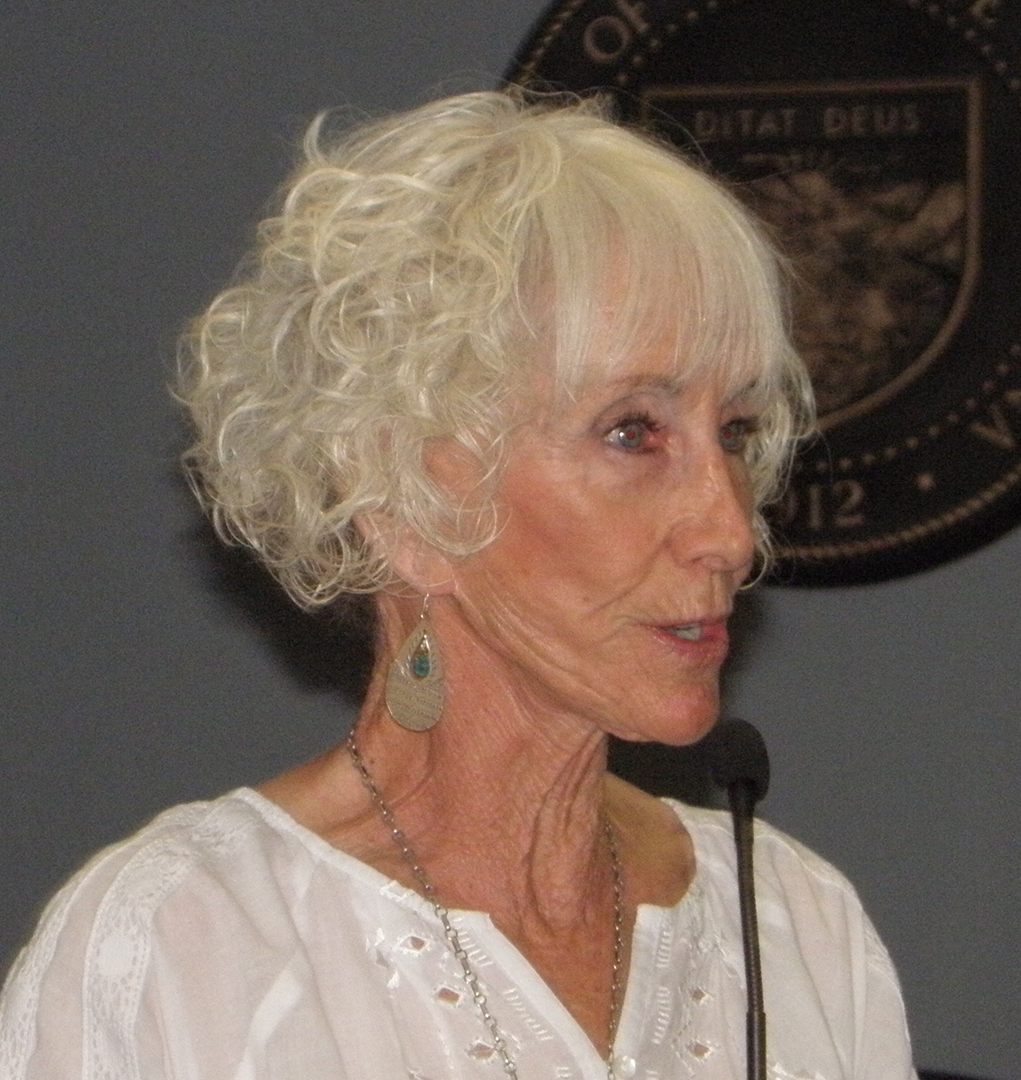
Smith said the only reason a business will locate in Cave Creek is if it will make money.
However, he said the town could attempt to make it more desirable.
Monachino said there are a number of empty buildings in town and if the landlord wants $30 square foot it will stay empty.
McGuire said economics have been bad over the past few years and the town needs events to promote itself as a Western town.
Jensen said, “I’m told the town is hard to deal with,” adding, “More events, we have more people.”
Elrod said, “I don’t think there is anything the town can do about empty buildings … seems like an overreach.”
Clancy said she’s a firm believer in free market enterprise.
Bunch said most of the things that draw people to Cave Creek are outdoors. Because it’s hot in the summer, he said, “That’s always going to be a problem.”
Bunch was asked what steps he would take as mayor to create a fully functional team of council members when they have different views.
Bunch said they’ve had lively debates on council but can remain friendly afterward.
He said, “If we only had one view, we would only need one person.”
After the break, candidates were asked if anything will be done about the new “freeway” going through town, apparently referring to the bike lane project that eliminated medians.
Bunch stated, “ADOT says bicyclist will bring in $80 million in revenue to the state,” as he lamented, “I didn’t think it would turn out like this.”
Clancy said “By and large, I’ve heard nothing but good things.”
She said businesses like the change, since it provides better access.
Elrod said she’s heard mostly good things but stated people need to get used to it.
She added, “I think they need to make it look prettier with plants.”
Jensen said, “Bicyclists aren’t going to do anything for us.”
McGuire said, “I suppose this is the future. The town is growing. It can’t stay the same.”
Although Monachino stated he was in favor of the bike lanes, he said when it was first presented in 2010 the town was told they would only take away six inches from the medians.
He said, “Council didn’t manage this change very well.”
Smith said when the feds provide funds they call the shots and then handed the management over to ADOT.
Sova said, “What’s done is done. We need to make the best of what’s there.”
Stating it was extremely sad that “we massacred our medians,” Wright said, “We didn’t need bike lanes,” which can’t be used for anything else.
When asked where everyone should park when Cave Creek becomes a destination, Wright said she didn’t know.
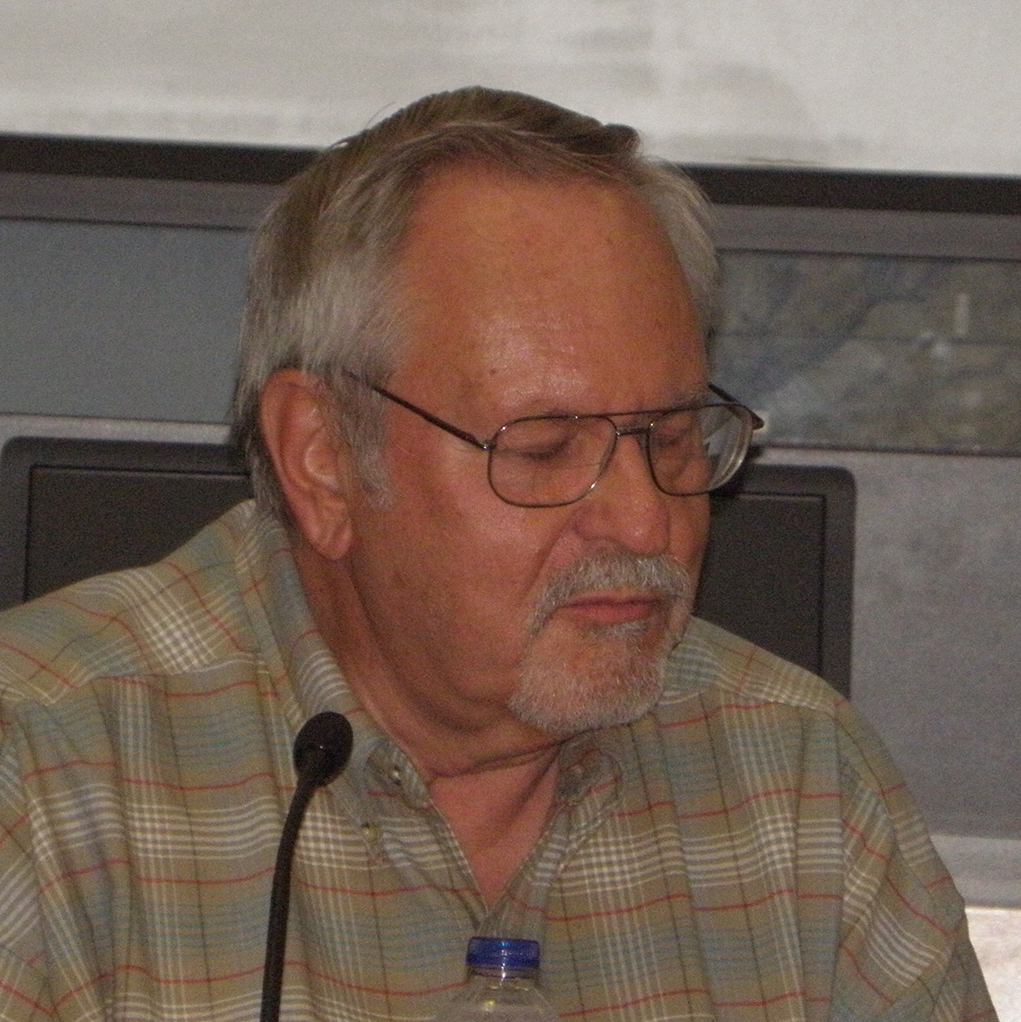
Sova said when plans are approved, depending on the type of business there are a specified numbers of required parking spaces.
Smith said there are areas where the town could establish parking garages but said any talk of making the town a destination needs to include planning.
Monachino suggested underground parking.
McGuire said the town is currently a destination and noted there is underground parking next to Desert Rose, which he said is a good idea and unobtrusive but not used.
Jensen said, “Hogs N’ Horses is being sold and there’s supposed to be a hotel. As we grow, we’re going to get more parking.”
Elrod said the town does have parking, referring to the Kite property in the center of town behind the post office. She said shuttles should be used for special events.
Clancy said parking is a pain and pointed out the Kite property will eventually be sold/developed. She said, “It’s something that’s a big problem.”
Bunch said it’s been a problem for a long time and will continue to be an issue.
However, he said if the sale of Hogs N’ Horses goes through it will get better.
All were asked if Cave Creek needs a hotel.
“Yes,” said Bunch, adding if the town becomes a mountain bike destination it could accommodate people from all over the world.
Clancy responded, “Yes” as well.
Elrod said, “Yes. We only have one. Let’s give people choices.”
Jensen said, “Yes, why wouldn’t you? Heck let’s have two.”
McGuire said, “You bet. Let’s get some bed tax.”
Monachino, who thought the concept of another hotel in town was a good idea, asked, “Where does it go? Is it a Best Western or a luxury hotel? How big is it? How much water will it use?”
Smith said it would need to be properly planned and located.
Sova said it was a good idea for many reasons.
Wright said it would be nice but must compliment the town.
Responding to a question about his top three priorities, Bunch said number one was economic security.
He also said he believes everyone should get a fair shake, especially from a moral perspective and the town needs to look at how fixing one problem may adversely affect others.
Wright was asked what the difference is between the general plan and the zoning ordinance.
Wright briefly explained her understanding of each and said the land use map in the general plan neglects to identify each subcategory of Desert Rural zoning.
She then urged people to vote no on the general plan.
Monachino, Jensen and Wright were asked their position on open space.
Monachino said he was in favor of it and stated, “Low density is one of my mantras.”
However, he said the issue of the 4,000 acres would need another forum of its own.
Jensen said, “Open space is like puppies. How can you hate?”
Apparently referring to the presentation made by Steve Betts about the proposed mitigation bank to preserve the 4,000 acres, Jensen said he wouldn’t buy a used car from Betts and he was opposed to anything requiring that much explanation.
Wright claimed the only way to get the 4,000 acres preserved as open space is to purchase them and said, “We can’t afford it. There is no mitigation bank.”
Elrod and Sova were asked how many council meetings they’ve attended in the last four years.
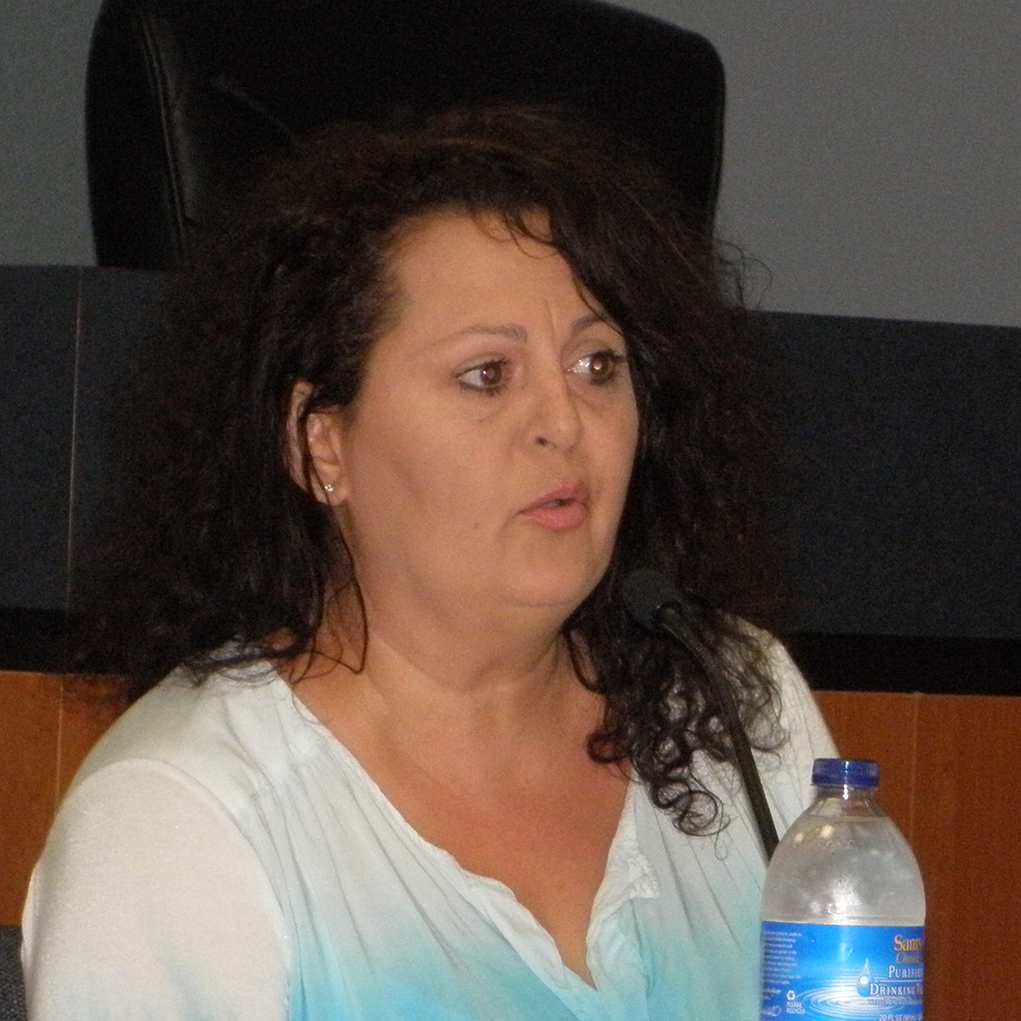
Elrod said she’s attended six. However, she noted the meetings are live-streamed online and said she’s watched all of the meetings she didn’t attend in person.
Sova pointed out he’s only been here for three years and recently started going to meetings.
Since deciding to run for council, Sova said he’s read agendas and minutes from meetings as well as the general plan and annexation agreements.
All were asked what they bring to the table to protect Desert Rural zoning.
Bunch stated he’s not “big on change” and commercial is about location – Carefree Highway.
Clancy said, “Ditto to that. Keep it rural and larger parcels.
Elrod said with citizen involvement “we can protect our rural community.”
Jensen said what he brings is “a lot of good stories” and when he became a command officer he had to do budgets.
McGuire said he’s served four terms on council, stated there is value to having people with experience and called Desert Rural zoning “extremely beneficial.”
Monachino said, “Desert Rural is nice,” but what he brings is “financial expertise.”
Wright said she brings expertise and knowledge and claimed she fought the Enchanted Canyon project to protect Desert Rural zoning.
The Enchanted Canyon project, however, stood no chance of being approved and resulted in the applicant withdrawing their application.
In fact, the organized effort to fight the project, complete with T-shirts and a land use attorney fell on deaf ears since the application was already withdrawn.
Responding to a question about a water rate study which the person asking interpreted to mean a water rate increase, McGuire stated the town has a committee studying the issue and said, “Right now the water enterprise is in the black.”
However, he noted there will be infrastructure needs as CAP water is being pumped from 10 miles away.
While he’s not in favor of a rate increase, McGuire said he will listen to the committee.
All were asked where getting water to west side residents ranked.
Wright said citizens on the west side deserve water but stated, unlike the $20,000 often quoted as the cost to complete the water line, it will actually cost $200,000.
The other issue she said is the water line is not on town property but on property owned by Mark Stapp (Cahava Springs).
Sova said he was not intimately familiar with the issue and would have to get more facts.
Smith said the town is handicapped by the fact the water line belongs to Cahava Springs and there were a number of hurdles to getting it completed.
Monachino said it was a complicated issue, whereas if the town paid for the pipe would it get reimbursed by Stapp.
Also, looking at it from the residents’ perspective, he asked if it was cheaper for them to haul water or hook up to the town’s water.
“It’s a bit of economics,” said Monachino.
McGuire mentioned Terry Smith, a west side resident whose well has gone dry and must now haul water. He said, “It’s an unfortunate situation.”
Jensen stated having to haul water is a real issue but said what the town needs to do is increase its revenue.
Elrod said she wasn’t familiar with the water issue on the west side.
Clancy brought up last year’s fire on the west side and noted how the lack of water could have potentially destroyed the entire neighborhood.
She believes the town has an obligation to get water to the residents.
Bunch said the number he’s heard to complete the water line is closer to $100,000 but said there were also discussions about making the stand pipe closer so residents didn’t have to travel so far to haul water.
He said other discussions included the residents forming an improvement district to pay for the water line with a payback agreement with Stapp.
Bunch was asked if he owned five acres adjacent to the 4,000 acres slated for open space and didn’t he feel that was a conflict of interest.
Bunch stated he did own such a property, which he said he purchased as an investment well after the annexation agreements were in place so it poses no conflict of interest.
During final comments, Bunch said he would like to return to council.
He said the general plan was not something that was done in a vacuum.
Bunch let citizens know there are no plans to bridge washes and said the annexation was to protect Cave Creek from Phoenix zoning.
He said the open space can be preserved through mitigation banking.
Clancy indicated the health safety and welfare of the citizens is paramount and having direction for the town’s future.
She said the general plan is a good plan that she watched being developed.
Elrod said economic development and supporting the town core is key.
Jensen said, “The general plan sucks. Please vote no and I ask for your vote.”
McGuire said he supports the general plan as well as the Home Rule alternative expenditure option that will also be on the ballot. He said the Home Rule option removes the artificial expenditure restrictions set by statute.
Monachino said he is mostly concerned with financial matters, particularly the budget but stated he is not going to support the general plan.
He said staff can change the technical guidelines, which means the general plan can be changed at any time by staff.
Smith said honesty is most important, stating he’s heard “misrepresentations” that he wouldn’t call lies but they come really close.
Sova said he doesn’t know the level of detail on some issues since he hasn’t lived here for 25 years.
However, he said that might be a good thing and his experience allows him to separate the facts from the innuendo.
Wright said water and sewer are the priorities set for the town manager and she won’t accept any excuses.





